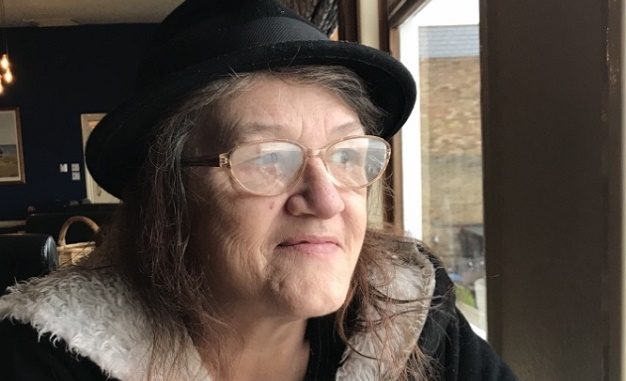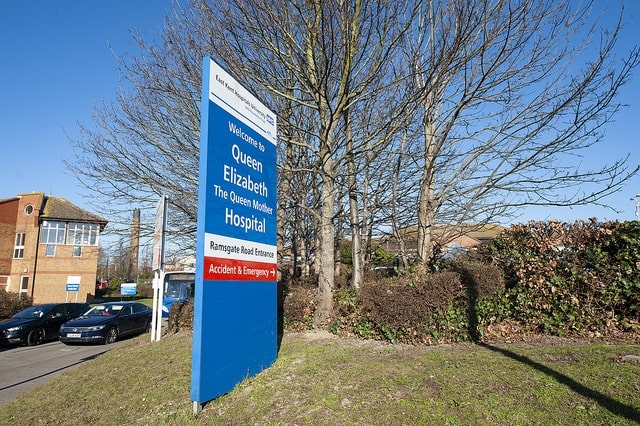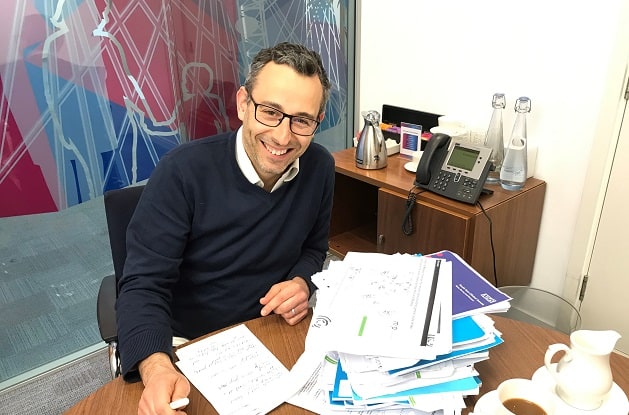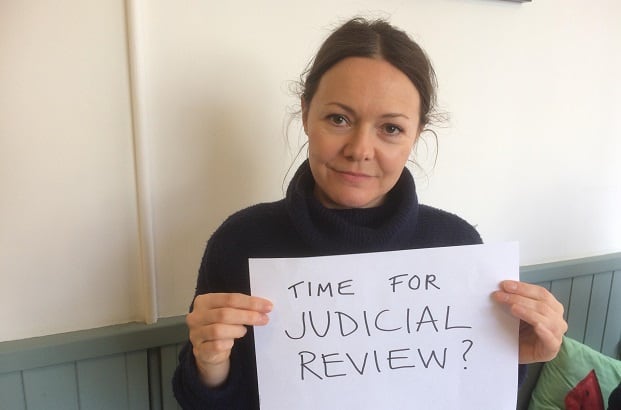
A Judicial Review has now been launched into the decision to close acute stroke units at hospitals including QEQM in favour of a super-unit at Ashford hospital.
The legal challenge is in response to the decision on the location for three hyper-acute stroke units (HASUs) across Kent & Medway agreed by the Joint Committee of Clinical Commissioning Groups (JCCCG) in February.
The HASUs will be at Darent Valley Hospital, Maidstone Hospital and William Harvey Hospital. Acute services at Margate’s QEQM Hospital will be removed.
Ramsgate resident Marion Keppel has initiated a High Court legal battle against the closure with specialist lawyers at Irwin Mitchell applying to the High Court today (May 14) for a judicial review to be held into the legality of the decision.
Marion Keppel lives within a 10 minute drive of the QEQM and attends the hospital for most of her medical appointments.

She said: “Due to my complex health needs and status as someone at a high risk of suffering a stroke, I attend hospital regularly. I am diagnosed with Type 2 diabetes and struggle to travel outside of my immediate environment and am known to collapse when I am anxious.
“If the decision goes ahead to close the stroke unit, I – and other local people – will have to travel around 40 miles to the next nearest facility at William Harvey Hospital in Ashford.
“I have no doubt that the decision to close the acute stroke unit at QEQM will have a devastating effect on myself if I suffer from a stroke, and the local community in Thanet as a whole.”
In 2016, Marion’s late husband Robert suffered a stroke and was taken to the acute stroke unit at QEQM for treatment. He was treated quickly and Marion added: “Doctors said to me at the time that if Robert had attended a hospital further away, it would have resulted in damage to his brain.
“Having a vital support service located an hour away is simply unacceptable and I hope this decision is reconsidered as soon as possible.”

Alex Rook, specialist public lawyer at Irwin Mitchell’s London office, said: “Our client and her supporters are extremely concerned that the decision to close the stroke unit at Queen Elizabeth the Queen Mother Hospital was reached unlawfully. We consider that the CCG’s failed to properly consider the impact of increased travel times to the reconfigured hospital services before making the decision to close this unit.
“There has also been a great deal of concern that by the time a public consultation was undertaken, the QEQM was not an option that people could put forward as their preferred outcome, giving the impression that the decision had already been taken.”
“They are undoubtedly worried of the implications the closure could have on the local community and their health, especially for those requiring urgent care as they would face significant delays in their treatment if the nearest vital stroke services are over an hour away.
“Our client feels that she has no option but to seek to challenge the lawfulness of this decision. We call on the joint CCG’s to rethink its proposals and carry out a thorough consultation with residents to find a suitable solution.”
Kent and Medway consultants say:
Kent and Medway stroke consultants say larger, specialist units in other parts of the country have been shown to improve outcomes for people who have had a stroke.
They point to Northumberland which went from three stroke units to one HASU for the whole area in 2015.
A spokesperson for the stroke review team said: “Some patients travel over 60 miles to get there – a journey that takes well over an hour. Because the Northumberland HASU has dedicated staff and scanners available 24/7, the time taken to give people clot-busting drugs after arriving at hospital has reduced by over 25 minutes, and over 80% of patients get them within an hour of arriving at hospital.
“There has been no increase in deaths and patients in Northumberland go home on average four days sooner since the HASU was set up. This is because they are recovering faster due to the better care and support they get.”
They add that there are plans to invest some £40 million in stroke services, bringing in more staff and improving buildings.
The consultants say evidence set out by the Royal College of Physicians’ 2016 guidelines on stroke say the best care comes from specialist units that offer 24 hour a day, seven day a week care from stroke consultants and other stroke specialists.
A statement from the review team says: “We believe we carried out a legal, rational, fair and lawful process. The decision to establish three hyper acute stroke units in Kent and Medway is supported by local, regional and national specialists, including the four hospital trusts and the senior stroke consultants in Kent and Medway. However, we will of course comply with any finding of the court.”
Save Our NHS in Kent (SONIK) campaigners are also launching a judicial review through Rowan Smith of London law firm Leigh Day. Leigh Day are known for their involvement in NHS judicial review cases and won a landmark Lewisham case in 2013 that quashed then Secretary of State Jeremy Hunt’s attempt to downgrade Lewisham’s A&E.
Marion is being supported in her legal challenge by County Councillor Karen Constantine who has been heading up the separate Thanet Stroke Campaign.
The stroke review decision is also to be discussed at the Kent County Council health and scrutiny overview meeting on May 21. Cllr Constantine and SONiK are both calling for the decision to be referred back to Secretary of State Matt Hancock.

SONiK spokesperson Carly Jeffrey said: “As this matter is very much in the public eye and in the public interest, I have requested previously if all voting that takes place on the Stroke HOSC meeting on May 21 be recorded in full to appear in the minutes. By this I mean that rather than only recording if a motion fails or passes, it should be recorded how many voted in favour, against or abstained, with the voting choice of each councillor listed.
“This is a very important vote, and Save Our NHS in Kent believe that the public have a right to know exactly how their elected representatives voted.”

